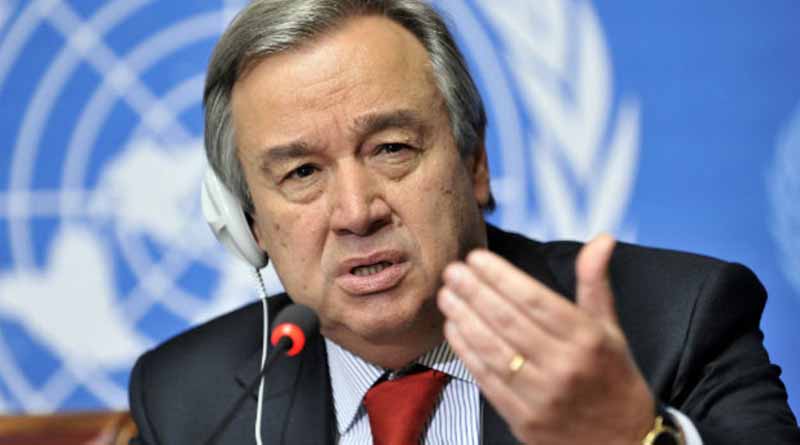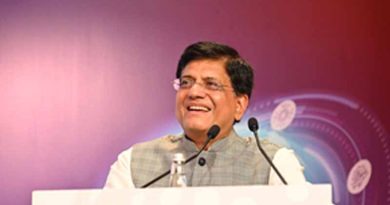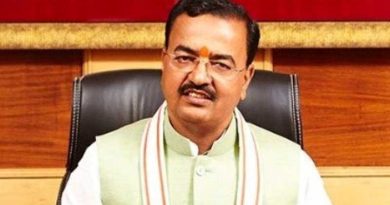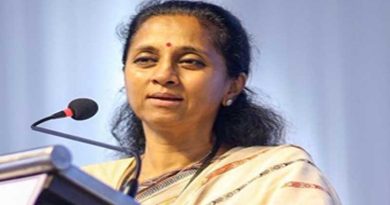UN Chief Guterres calls for consensus on security council reforms
Insight Online News
United Nations, Feb 19 : Secretary-General Antonio Guterres has said that now is the time to develop “greater consensus” in the process of reforming the Security Council to strengthen “trust in the United Nations, and trust in this Council”.
“This Council should be enlarged and made more representative of today’s geopolitical realities”, he said on Tuesday at a meeting of the Council on multilateralism and reforming global governance.
He recalled the call for reform in the Pact for the Future adopted unanimously at last year’s summit of world leaders outlining their vision for the UN beyond its 80th anniversary.
“Now is the time to build on the momentum provided by the Pact for the Future, and work towards a greater consensus among regional groups and Member States — including the permanent members of this Council — to move the intergovernmental negotiations forward”, he said.
“The Pact also recognises that the Security Council must reflect the world of today, not the world of 80 years ago, and sets out important principles to guide this long-awaited reform”, he said.
The reform process known as the Inter-governmental Negotiations (IGN) has failed to make any progress in 16 years because a group of countries known as Uniting for Consensus (UfC) has blocked even the adoption of text that could be the basis for negotiations.
The group headed by Italy includes Pakistan and most of its members are motivated to want to block a particular country from getting a permanent seat.
Using a metaphor from the digital world, Guterres said, “We have the hardware for international cooperation, but the software needs an update”.
The update should “reflect the realities of today” and support “developing countries to redress historical injustices”.
The meeting of the Council was a signature event of China’s presidency this month and was presided over by Foreign Minister Wang Yi.
Wang offered broad support for reforming the Council with Africa being treated as a special case – a tactic adopted by Beijing and other countries attempting to sever the African demands from that of other countries and adopt a limited reform.
This is because of the strong pressure from the 55-member African Union to remedy the historic injustice of being denied any permanent seats when most of the continent was under colonial rule and those opposing reforms do not want to be seen as anti-Africa.
China opposes expanding the permanent membership of the Council to include India and Japan.
Sierra Leone’s Deputy Foreign Minister Francess Piagie Alghalie said Africa’s exclusion from decision-making bodies such as the Council must be recognised as the legacy of colonialism and political marginalisation that has left deep scars on the continent.
As the cornerstone of international peace and security, the Council must be reformed to better reflect current geopolitical realities and ensure fair representation, she said.
Russia’s Permanent Representative Vassily Nebenzia said the reform of the UN and Council should be a priority.
“We advocate greater representation in the Security Council of African, Asian, and Latin American states.
The Council is dominated by the west who are “successors of colonial powers — a relic of the past”.
Britain’s Permanent Representative Barbara Woodward said her country supported reforming the Council, but meanwhile, the tools it already has should be used “to implement its peace and security mandate”.
Pakistan’s Deputy Prime Minister Ishaq Dar opposed increasing permanent membership of the Council.
“Adding new permanent members would violate the principle of sovereign equality, make the Council even less representative, and exacerbate the prospects of paralysis in the Security Council”, he said.









